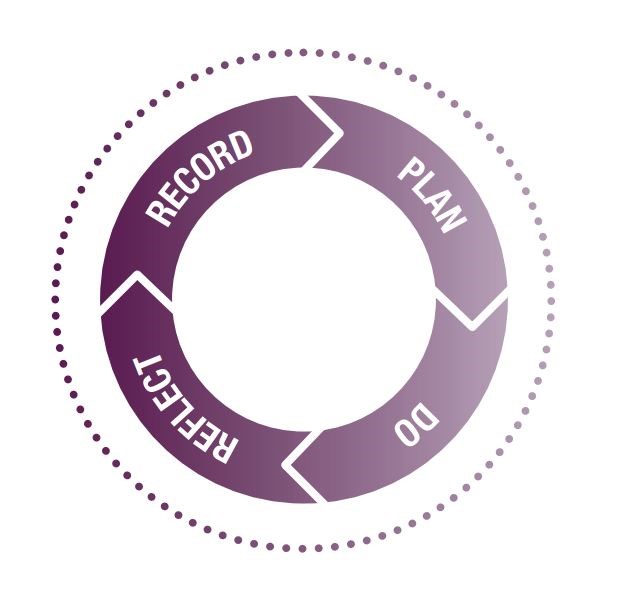Enhanced CPD

Personal Development Plans
The General Dental Council (GDC) starts its scheme for Enhanced Continuing Professional Development (eCPD) on 1st January 2018 for dentists and 1st August for DCPs.
During 2017, representatives from Health Education England have been included in the GDC advisory group working on this new scheme. Accordingly, by the time eCPD starts, specialised PDP templates will be available on the website for your assistance.
The scheme will require all registrants to;
- Create an individual personal development plan (PDP) to identify relevant educational needs for the maintenance and development of professional knowledge and skills
- Review, update and adapt PDPs throughout the five year cycle
- Make an annual statement which declares they are meeting the requirements of the scheme
By taking the time and trouble to create the PDP, the registrant is assuring the GDC that the scheme is being taken seriously and that the types of CPD undertaken will give maximum benefit to patients.
The GDC is not expected to evaluate PDPs directly but it is likely to require evidence from the registrant, when requested, of:
- Identification of areas of knowledge or skill that require maintenance or development and how they relate to a registrant’s current or future field of practice
- The CPD activities planned to address identified learning needs and the GDC’s development outcomes that will map to each activity
- The expected time frames for activity completion over CPD cycles
The GDC provided guidance on CPD in May 2017 using the Plan, Do, Reflect, Record learning model to encourage registrants to proactively consider their professional needs, field of practice and the Standards for the Dental Team before embarking on any CPD activity.
Further information on eCPD, including the development outcomes and PDP templates, can be found on the GDC website: https://www.gdc-uk.org/professionals/cpd/enhanced-cpd
Creating a PDP
Your appraisal is an excellent place to start developing a PDP that’s individualised to you. A PDP is a protocol designed to help you keep your professional registration.
- Choose CPD that is relevant to your field of practice
- Identify in advance the CPD that will most effectively deliver professional development
- Select CPD that will map to one or more of the GDCs four development outcomes
- Select blended styles of learning that meet your learning needs, such as reading, online, lectures and hands-on courses
- Make good decisions regarding CPD providers
- Establish an action plan to meet during your CPD cycle
- Engage in CPD through planned targeted study with particular regard to reflection and learning outcomes so that changes can be made to appropriately develop and improve practice
- Prioritise CPD activity
- Review learning needs regularly and ideally with appropriately trained colleagues
Before commencing the creation of a PDP, a dentist and DCPs should consider whether they may benefit from the assistance of a Health Education England North West (HEENW) trained facilitator to help in its construction.
HEENW has considerable expertise in assisting registrants in the construction of a PDP. It retains a pool of appropriately trained facilitators who are available to provide a confidential service, at a fee, to registrants who request it. The process encourages reflection by asking the registrant to consider;
- What am I good at? What do I enjoy?
- Have I identified any areas that I want to improve or need to update?
- Do I have any weaknesses or limitations that I want/need to strengthen?
- What actions are required to maintain or enhance my knowledge, understanding, clinical skills, patient care and practice quality?
- What actions are required to acquire and develop new skills?
- How do I plan to allocate time for CPD?
- Where do I want to be at the end of my next 5 year cycle?
Your facilitator will also ask that you consider information derived through staff meetings, practice inspections, patient feedback or complaints, policy reviews and audits or risk assessments to help you identify areas for development.
The learning needs identified through this service additionally provide valuable information to HEE as to the likely future demand for further education in specific topics so that provision can be made for it.